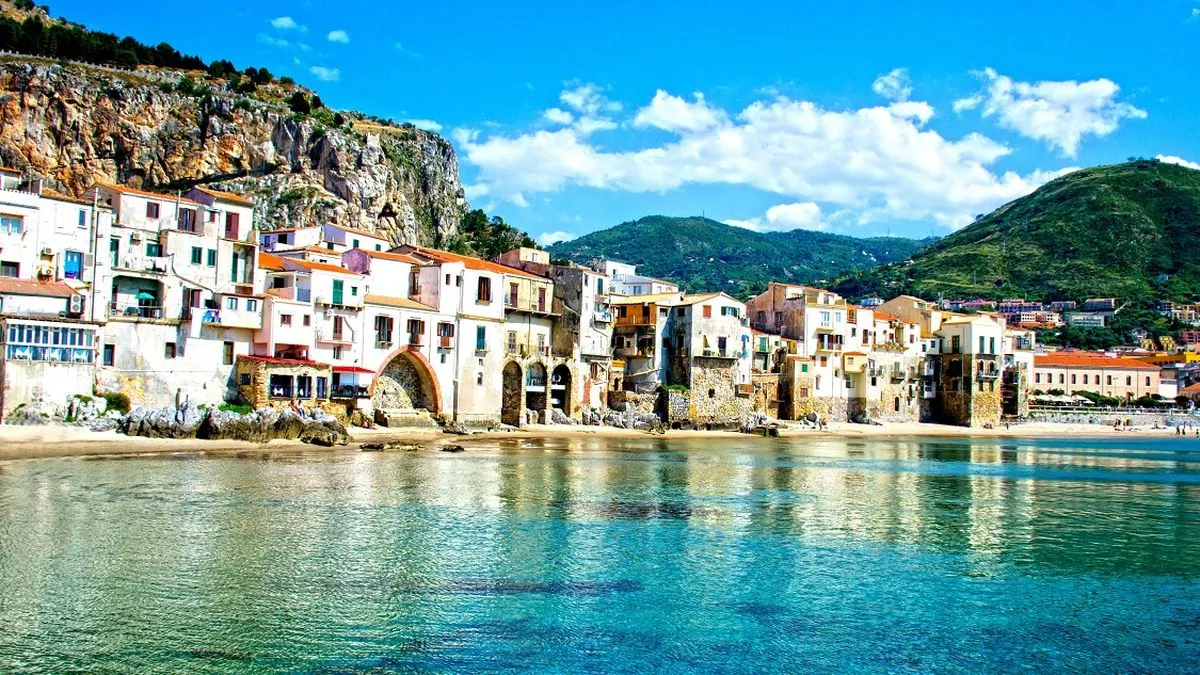What to consider before a European cruise
Tuesday 2 August 2022

Europe is a wonderful cruise destination. Whether you want to enjoy the Norwegian Fjords or take in some sunshine on the Canary Islands, there are a brilliant range of destinations to enjoy. In this article, we share some general tips for those who might be sailing anywhere in Europe on a cruise holiday.
A range of languages
The first thing that people should consider before leaving for a European cruise is the range of languages they are potentially going to come across on their travels. Although Europe is one of the smallest continents, there are a range of languages that can change from country to country. However, English is commonly learnt across Europe (and the rest of the world) and so in many places, you’ll find people have a basic understanding of English.
But, if you are going to local hidden gems that aren’t frequented by tourists, you may stumble across someone who isn’t very confident in English. And, when you travel, it’s great to try and immerse yourself in the culture as much as possible. This doesn’t mean learning every language of every place you’ll visit (although we wish we could!) but trying to pick up a few key phrases. It’s also wise to remember that many European languages stem from the same place, and so there are key similarities between them which will mean if you know one you might be able to understand another from context.
READ MORE: The best language learning apps and services
Check your currencies
Another thing to make sure you remember and research before your European cruise is which currencies you might be dealing with during your trip. Although many countries now use Euro, you’d be surprised how many don’t and for each of those, if you don’t want to use a card and want to pay with cash whilst in port, you’ll need to ensure that you’ve got that exchanged.
Out of the 50 European countries, there are 25 separate currencies to contend with. For those on a Nordic cruise, as well as Euros you might want Danish Krone and Swedish Krone. Cruising the Mediterranean? Turkey uses Lira whereas Portugal, Spain and Greece use Euro. On the cruise ship, you’ll use Pound Sterling.

Think about the time difference
Something that can be worth considering is the time difference you’ll be experiencing. Between the UK and Eastern Europe, there can be up to a 2-hour difference and on an Iceland cruise, to the west, you’ll be an hour behind the UK. Whilst onboard, these time changes will be made for you overnight when crossing time zones, so that’s something to be aware of when going to sleep and waking up.
When in port, it might also mean that you experience sunrises and sunsets at different times. So, if you want to see the sunrise or set in a particular destination, you should make sure you are checking the correct times and you yourself have your devices set to the correct time, so you don’t fall out of sync.
Pack for a range of weather
As we all know, Britain can enjoy a large range of weather and Europe is no different. Even in areas where you might expect something more constant, it can still be unpredictable. This is why you should make sure you are packing for a range of weather types, whatever your location. Some great additions to any port bag are a small umbrella, a fold-away coat, a pair of sunglasses and sun cream. It’s also wise to always try and wear a range of layers on your days in port, this way if the weather does change you can take a layer off or add one if you need to.
READ MORE: Top 5 European cruise types to enjoy
Consider data roaming
Using your phone to navigate new areas using maps, update your social media and talk to family members back home is something we all do on a holiday, but be aware of your data roaming costs before you leave. When out in the port, it can be really easy to use your phone as you normally would and not consider that it might be costing you more when not connected to Wi-Fi.
Some phone companies have recently stopped the inclusion of free data-roaming in their packages due to complications after Brexit. If you believe you have free data-roaming, it’s worth getting that confirmed before your trip so you aren’t hit with an unexpected phone bill at the end of the month.
What to consider before a European cruise
A range of languages
Check your currencies
Think about the time difference
Pack for a range of weather
Consider data roaming
By considering these few things before you go, you can make your next cruise holiday all the more exciting and immersive. So, whether it’s brushing up on the local language or just making sure you have an umbrella on hand in case of rain, we hope one of these tips will help you in the future.
For more tips, guides, and advice, make sure to visit our blog.


